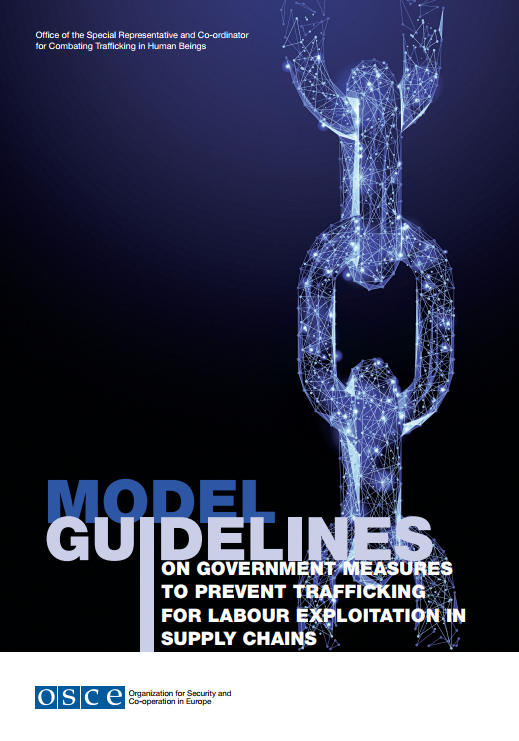2022 List of Goods Produced by Child Labor or Forced Labor
News & AnalysisGuidancePublicationsThe U.S. Department of Labor (USDOL or the Department) has produced this tenth edition of the List of Goods Produced by Child Labor or Forced Labor in accordance with the Trafficking Victims Protection Reauthorization Act (TVPRA), as amended. Th...Read More

